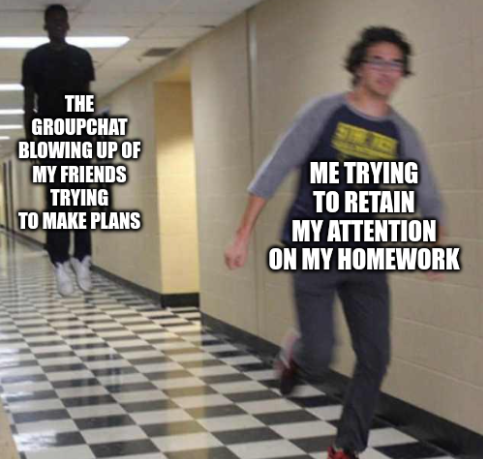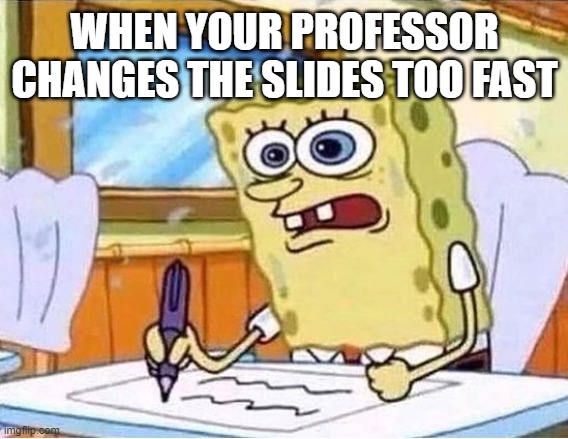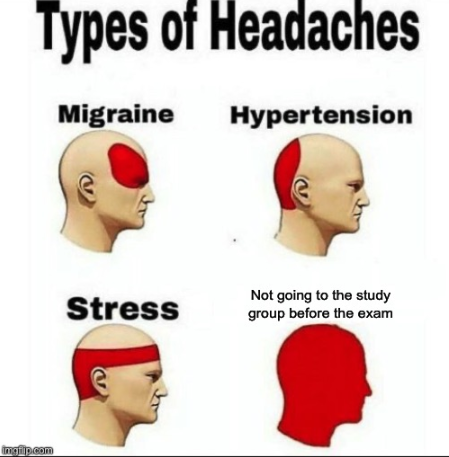By Lydia Clark
Introduction
Have you ever sat down to do homework, study, or to focus on a topic and realized that it is difficult to ignore distractions around you? Have you ever wondered why it is so difficult to filter out distractions, even though you desire to be productive? At several points in a student’s academic career, most people often struggle with truly remaining focused while doing schoolwork and other important tasks. There can be many aspects of why a student cannot stay focused, especially if they are preoccupied with other events in their life.
What is Selective Attention?
One main reason that students can become so easily distracted is that selective attention is an obstacle that every student faces. Selective Attention is the process of having an ability to focus on a particular subject in their direct environment for a specific amount of time. For a student to be truly productive with their work, they must put in effort with this process and actively ignore all other distractions around their working environment. For this process to be a success, a person must be selective in their own attention and realize what they must drown out in the background. For a lot of young people, it can be a challenging task to drown out distractions such as their phones or other technology that is not helpful to be used in the moment.

Continue reading “SQUIRREL! (Understanding Selective Attention)”






